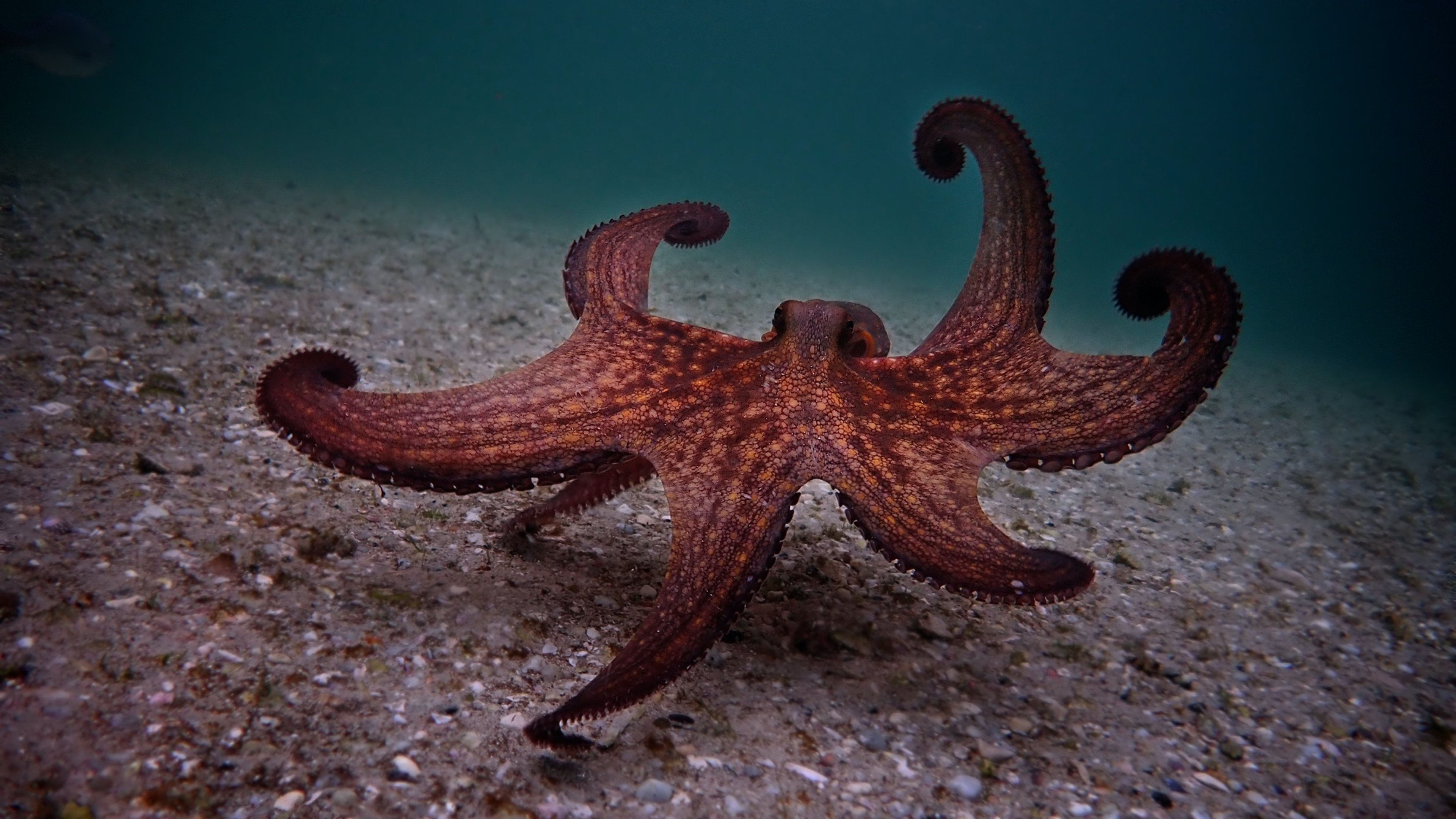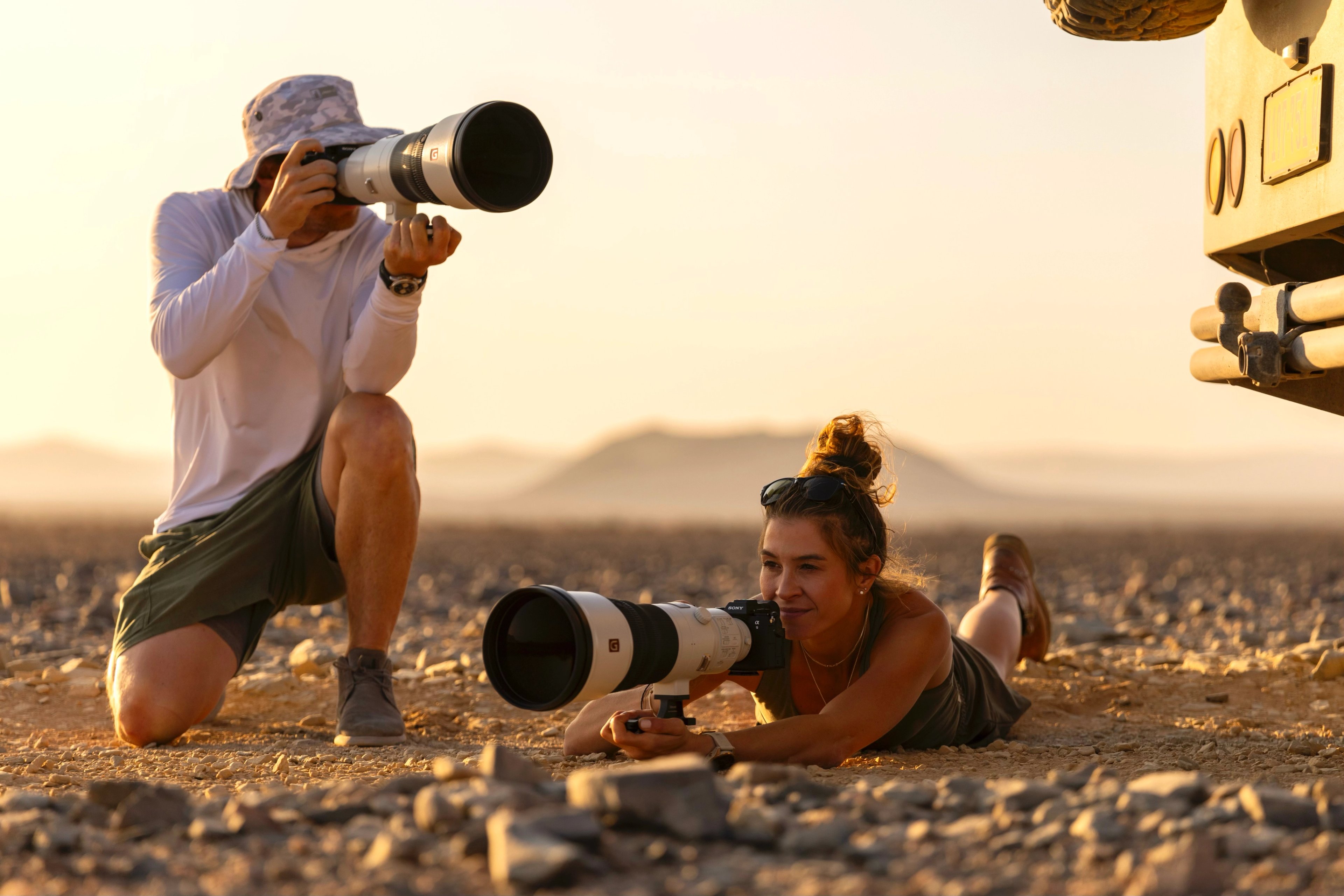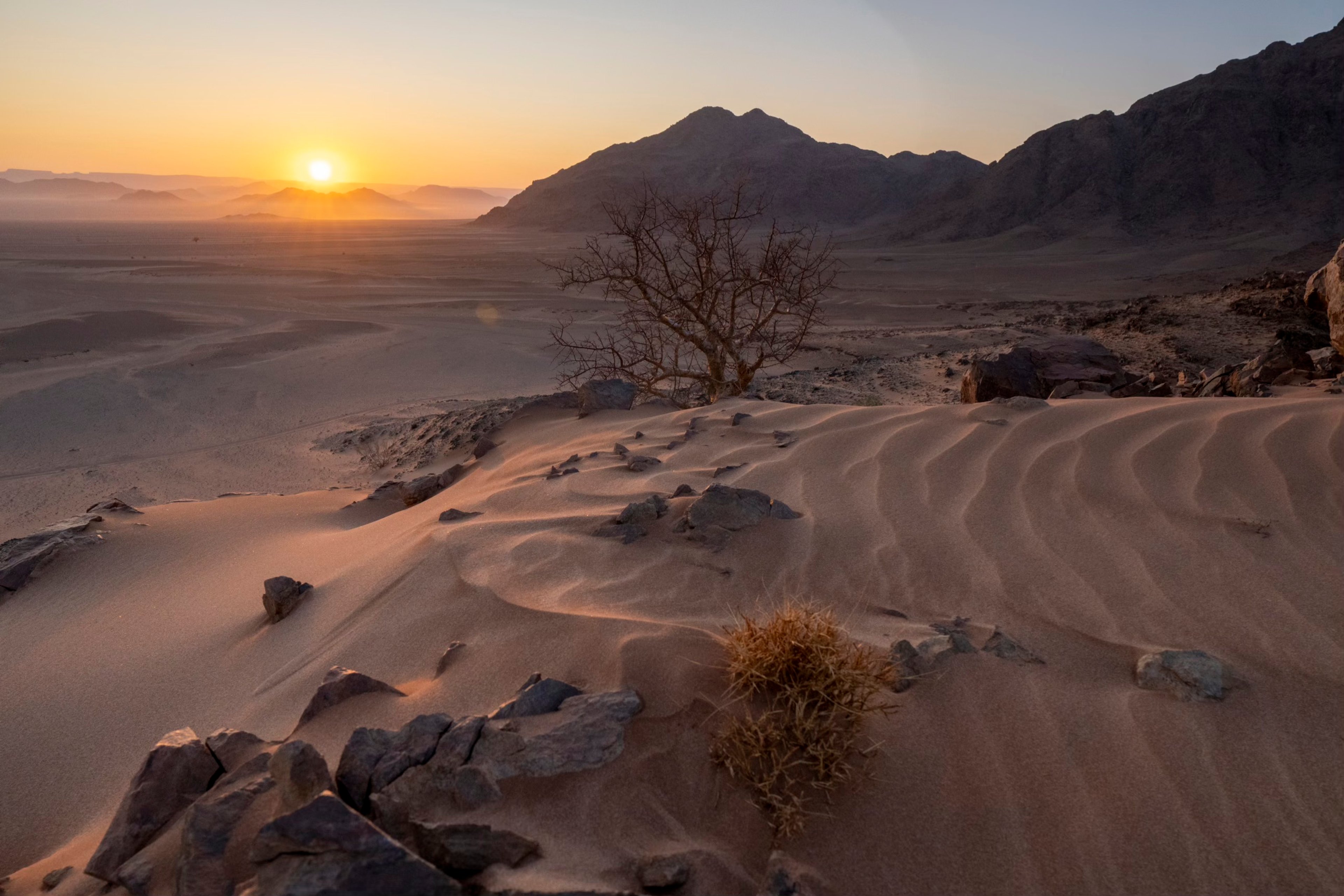The fact that the Octopus has spent millions of years honing the kind of reclusive skills that has made it a master of camouflage and therefore impossible to find, only serves to make this week’s premiere of ‘My Octopus Teacher’ on Netflix – all the more remarkable. For this astonishing story about an unlikely friendship between filmmaker, environmentalist and naturalist, Craig Foster and a common Octopus (essentially a soft-bodied mollusk) is a first-person account of interspecies communication, that has to be seen to be believed.
Filmed in Southern Africa’s kelp forest, which stretches for over 800 miles along the coastlines of South Africa and Namibia, this wonderland of abundance and biodiversity is home to many creatures that are found nowhere else on earth. Unlike famous national icons like the Kruger Park, most South Africans are unaware of their coastline’s vast underwater forest. Creating awareness about the social and ecological value of The Great African Seaforest is the first step towards convincing the public and decision-makers to prioritize its protection. This is particularly significant given that in recent decades, about 40% of the world’s kelp forests have shown declines and some have almost completely disappeared due to threats such as climate change, overfishing, and coastal development. As Sir David Attenborough said, in reference to The Great African Seaforest: ‘I have no doubt that an ecosystem such as this is of inestimable value and should be protected.'
About 10 months ago I had the great fortune of not only meeting Craig (for his work with https://seachangeproject.com) but going swimming with him in these very kelp forests. It was a big moment for me – not least because I opted for no wetsuit as Craig does – but because I had been following Craig’s career for 20 years prior, from when he and his brother Damon spent three years living in the central Kalahari of Botswana filming the award-winning ‘The Great Dance’, a documentary about the role of hunting in Bushmen psyche and society. And how by reading the tracks of animals, hunters were drawn into an intimate relationship with the animal they were hunting. Also revealing how in the natural world, the bushmen were completely in it, versus us who are outside of it.
Craig was very much a behind the camera man. Until five years ago when he turned his focus to the ocean and in particular the kelp forests in the cold, wild waters at the tip of South Africa. Suffering from ‘burn out’ and unable to contemplate taking up his camera again, he set himself the intention to dive every day without a wetsuit in order to discover, understand and document this pristine environment. It was during this time that he had his first encounter with an octopus who began to not only recognize Craig on his daily visit but welcome him with flashes of electric color.
Fascinated by this ‘mollusk that shouldn’t be so intelligent’, Craig returned daily and slowly gained her trust to such an extent that she allowed him to accompany her hunting. To bear witness to his incredible footage that shows how the octopus shapeshifts to resemble seaweed or a ball of shells and how she nimbly outwitted a shark will leave you speechless.
Like all of Craig’s films, ‘My Octopus Teacher’ takes us beyond the boundaries of science to a deeper level of consciousness but what makes it truly profound is that it’s a deeply personal and honest account that proves the interconnectedness of all living things. It is this that makes it one of the most important films I’ve seen in a long time and I invite you to watch it, so that you too may begin to remember that you are wild.
Directed by Cape Town filmmaker and environmental journalist, Pippa Ehrlich, co-directed by James Reed and produced by Craig Foster, ‘My Octopus Teacher’ is a collaboration between the Sea Change Project and Off the Fence Productions based in the Netherlands and Netflix. It won Best Feature at this year’s EarthxFilm Festival, has been nominated in 8 categories at the upcoming Jackson Wild Media Awards happening later this month, and is in the running for another four conservation film awards this year, including two prestigious Panda awards at the Wildscreen Festival.




